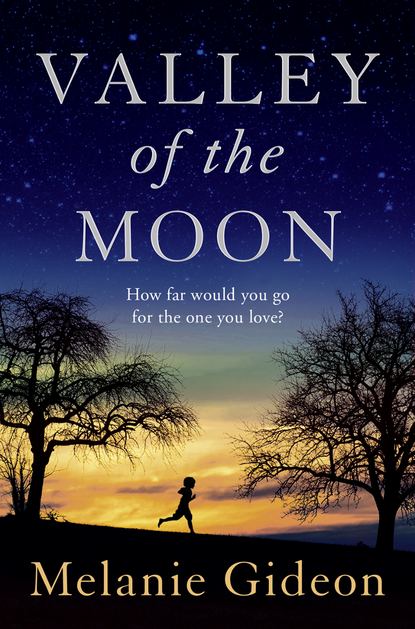По всем вопросам обращайтесь на: info@litportal.ru
(©) 2003-2024.
✖
Valley of the Moon
Автор
Год написания книги
2019
Настройки чтения
Размер шрифта
Высота строк
Поля
“So. That’s not a crime. That’s what everybody wants.” She took another deep pull on the cigarette. “I have a joint back in my tent. I wish I’d brought it.”
“A joint?”
“Pot. Marijuana. Um, cannabis—I guess that’s the proper name. What do you call it?”
“Hashish.”
“Is it illegal? It’s illegal now.”
“You could mail-order maple sugar hashish candy in the Sears, Roebuck catalog.”
Lux laughed. “You’re kidding.”
“No, I’m afraid I’m not.”
She flicked the ash of her cigarette over the railing.
“Are you married? Do you have children?” I asked her, changing the subject.
She sat down in the rocking chair next to me. “I’m a widow. I live with my son, Benno. He’s five.”
She said this dryly, with very little emotion.
“My condolences.”
“Yes, well, it was a while ago.”
“Still, that must have been very difficult.”
“He was in the army. He died in the war.”
“The war with Vietnam?”
“Yes.”
“Where is your son right now?”
“He’s with my mother.”
“You live with your parents, then? Siblings as well?”
She gave me a strange look. “I live alone. Well, I have a roommate, Rhonda, but she’s barely ever home.”
“Where do your parents reside?”
“In Newport, Rhode Island.”
“Across the country? Why aren’t they with you? However do you manage on your own without help?”
She stood, walked down the stairs, and threw her cigarette in the dirt. “I manage just fine. Nobody lives with their parents anymore. Everybody leaves home. Everybody. It’s just what you do.”
This was the moment when I fully believed she was from a different time. She could relay an encyclopedia’s worth of historical facts to me; she could tell me of every scientific, mathematical, and medical advancement; she could describe the plots of award-winning novels that hadn’t yet been written, hum the tunes of unheard operas and symphonies, tell me of new planets, new cocktails, new styles of clothing—but none of it would convince me more than this simple fact. She was alone, she and her son. This would have been a very rare scenario in my time.
Lux walked back up the stairs. “I’ve got to get some sleep. What time do you wake up in the mornings?”
“Five.”
“Everybody gets up then?”
“It depends on the crew.”
“What crew will I be on?” She tipped her chin up, looking defiant, as if I were about to deny her the opportunity to be put to work.
“What crew would you like to be on?”
“Garden,” she said.
“Fine. Garden starts at seven, but the breakfast bell rings at six.”
“I’ll be up at five-thirty,” she said.
“Do you have a watch?”
“No, do you?”
“I don’t need one. I wake up the same time every day.”
“Same,” she said proudly. “See you at dawn.”
Lux (#ulink_ffd675ac-d513-5ee2-b51c-5e8acd6668d3)
I woke to the sound of something being poured, Martha filling the washbasin with hot water. Through the window I could see the first streaks of red in the sky. The sun hadn’t risen yet.
I sat up in bed. “You don’t have to do that. I can do it myself.” I didn’t want her to wait on me—it made me uncomfortable.
“It’s chilly in the mornings. You won’t be used to the cold house.”
I pulled back the covers and put my bare feet on the floor. The wood was freezing. I gave a little gasp.
Martha dragged the rag rug to the side of the bed. “That’s where it belongs, not in the middle of the room.” She scowled and I felt guilty, as if I had been the one who moved the rug, though I wasn’t.
“Joseph says you want to join the garden crew today.”
“Yes, if that’s okay. Unless I’m needed elsewhere.”
She looked impeccable, her hair swept back neatly into a bun. She wore a gray skirt and a spotlessly clean apron.
“Where you work is entirely up to you, as I’m sure Joseph explained.” She eyed my skinny ankles suspiciously. “Although it’s a busy time of year in the garden. You’ll be harvesting. It’s backbreaking, repetitive work. Kneeling. Stooping over, picking, hauling baskets to the wagon.”
Другие электронные книги автора Melanie Gideon
Wife 22




 4.5
4.5






